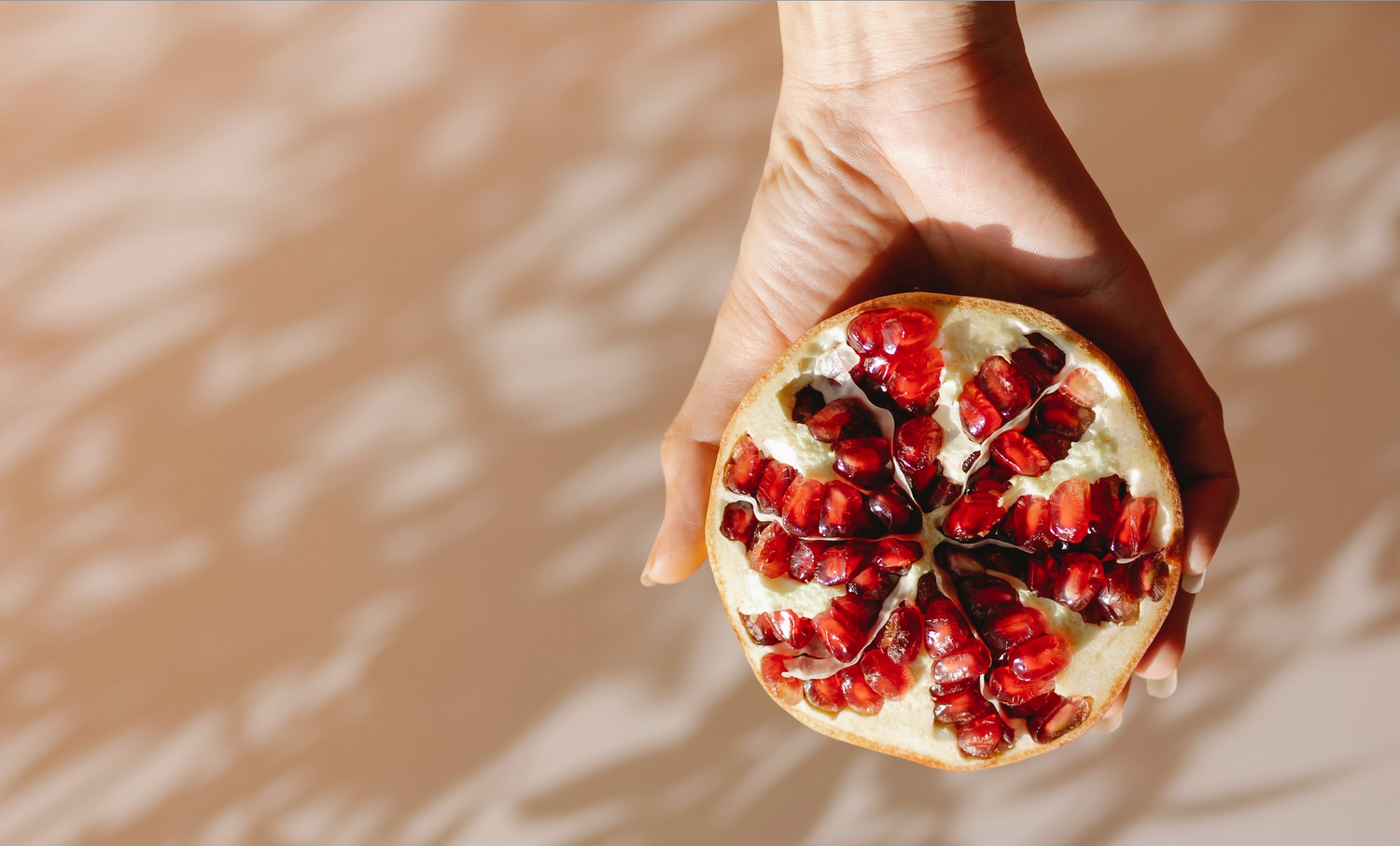The microbiota is the set of microorganisms that inhabit humans such as bacteria, viruses, fungi, archaea and protozoa. We can know it as "flora" or as "intestinal flora", but it has nothing to do with the plant world.
The composition of the microbiota
Most bacteria are found in the intestine, but we have a characteristic composition of bacteria on the skin, vagina, mouth, and even in the lungs.
The microbiota is different and unique in each individual, like a fingerprint. Its composition will be influenced by the way it is born, the type of delivery, the type of food, the consumption of drugs, the environment in which I live or even if you have a pet or not.
The role of the microbiota
The balance of the microbiota is very important because it performs essential functions for our health. Its bacteria act on:
the immune system
It has a role in the development, maturation and modulation of the immune system. Promotes the correct response against pathogens and self-tolerance. It also stimulates the production of mucus that protects the intestinal epithelium.
metabolism
It also carries out a metabolic action. On the one hand, it produces vitamin K and group B vitamins. In addition, it obtains energy from certain foods such as fiber. The microbiota ferments this fiber and gives rise to short-chain fatty acids.
intestinal permeability
Short-chain fatty acids are used as a source of energy by the cells of the intestinal epithelium, they have an action on the immune system: they modulate the production of cytokines and will help maintain the integrity of the intestinal barrier.
The importance of your balance
For all these actions that it carries out, our intestinal microbiota can be like another organ. Its imbalance is behind many pathologies, therefore its balance can be the beginning of many treatments for good health in all its aspects.






